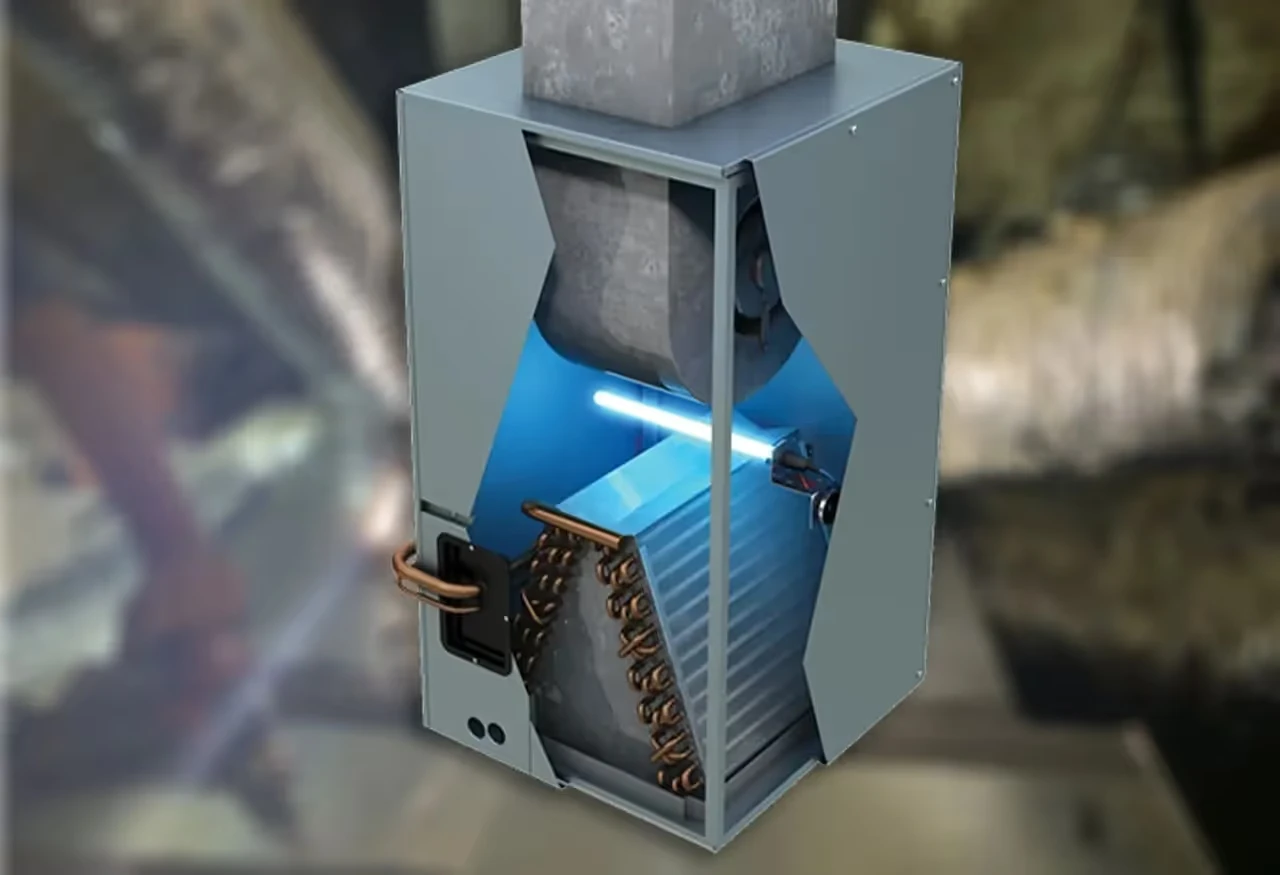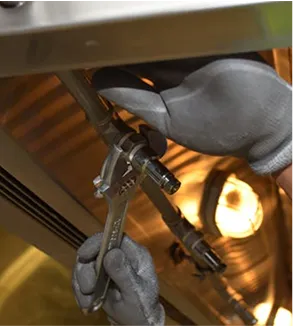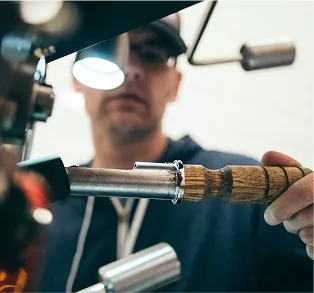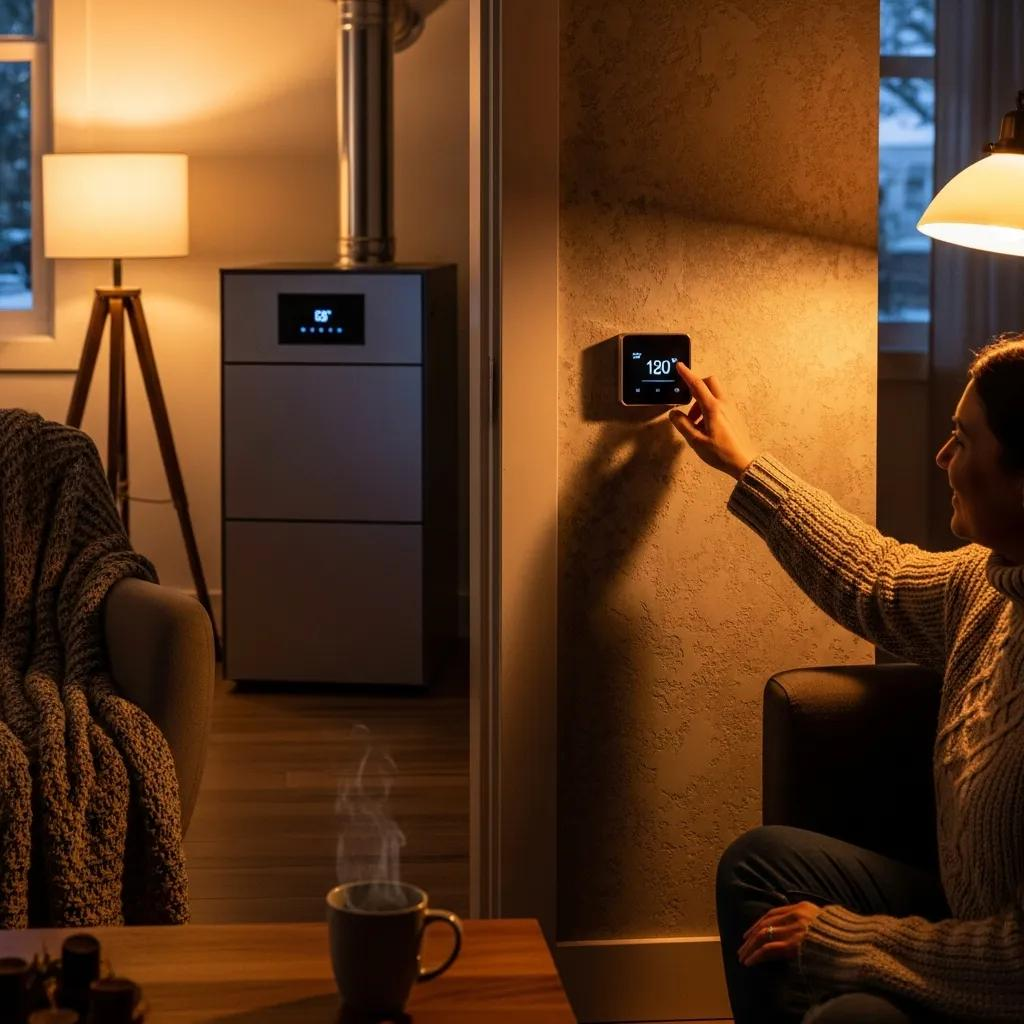
Dust, Allergies, Mold, Odors: Why Air Purifiers Are Worth It

Are you searching for an easy and reliable way to improve your indoor air quality at home? Whole-house air purifiers are an ideal option for removing airborne pollutants such as allergens, dust, mold and other harmful particles from the air. Purification systems can also reduce the amount of airborne contaminants such as pet dander, mold spores and smoke, generating a healthier environment for everyone in the home. With the right air purifier, you’ll have an amazing tool in your toolbox for better indoor air quality in Sugar Hill.
Let’s explore the benefits of an air purifier and why they are really worth investing in.
Do Air Purifiers Work?
Air purifiers are highly good at decreasing levels of airborne particles like dust, mold spores, pollen, pet dander and smoke from the air. Some units are even efficient enough to remove very small particles, such as those from odors or viruses, from your home’s air.
There are numerous brands of air purifiers to choose from, ranging from compact, standalone models to whole-house air purifiers that work alongside your central HVAC system. Depending on the design, some purifiers use effective air filters while others rely on ultraviolet (UV) light for its sanitation qualities. Some models even make use of both for maximum air quality benefits.
What Does an Air Purifier Do?
Air purifiers draw in air from the home’s environment and trap undesirable pollutants and particles as they are pulled through a series of filters. These filters are made of fine mesh or activated carbon that is ideal for catching dust, molds, pet dander, smoke particles, chemicals and other airborne contaminants. The fan in the air purifier then distributes clean air back into the ductwork for circulation.
How Do Air Purifiers Work?
Air purifiers pull in air with a fan before blowing it through one or more filters. Impurities are gradually trapped by the line of filters, and then the newly purified air is blown out of the purifier. Depending on its design, an air purifier may incorporate electrical charges or ultraviolet light to remove additional contaminants.
Other types of filtration found in air purifiers:
- High Efficiency Particulate Air (HEPA) filters: One of the most effective filter designs available, HEPA filters are constructed to clean out up to 99.97% of particles from the air—as tiny as 0.3 microns! Remember that such efficiency can also decrease airflow.
- Activated carbon filters: These filters consist of finely ground activated carbon, which contains an electric charge efficient at attracting things like odor particles.
- Photocatalytic oxidation: This system uses UV light to start a reaction that breaks down microorganisms like bacteria, mold and some viruses. With their DNA broken, many microbes cannot replicate and are effectively eradicated.
Do Air Purifiers Help with Dust?
Air purifiers are designed to help reduce the amount of dust in your home, providing relief from allergies and other respiratory issues caused by airborne particulate matter. By capturing particles like dust in their filtration systems, air purifiers can make the air in a room or house less polluted and fresher.
If you’re looking to reduce the dust in your home, reach out to a certified Lennox dealer to enhance your indoor air quality in Sugar Hill.
Do Air Purifiers Help with Allergies?
High-efficiency air purifiers are designed to capture more than 99% of pollutants and particles, which means the air you breathe in after it goes through an air purifier is substantially cleaner and healthier. This helps reduce symptoms linked to allergies and respiratory illnesses, because it removes potential irritants from the air.
Do Air Purifiers Help with Mold?
Air purifiers continue to be one of the most effective ways to counteract mold. By trapping airborne particles and spores, they help prevent mold from turning into a health hazard in enclosed spaces. Additionally, many purifiers come with other features that are designed to overcome mold, such as activated carbon filters and ultraviolet (UV) lights. Activated carbon filters help take out smells and other unwanted elements from the air, while UV lights can kill any active mold spores in the air. Together, these features allow for a comprehensive cleaning of the air in your home or office, which is an important way to keep everyone safe and healthy.
Do Air Purifiers Help with Smell?
Not only do air purifiers help improve air quality by removing particles like dust, pollen, smoke and other allergens from the air, but some air purifiers also help remove any unpleasant odors that might be wafting through your home.
Air purifiers use a combination of filters, including activated carbon and HEPA filters, to confine and clear out odors from the environment. This ensures that your home will stay smelling fresh and clean without any concern of lingering odors. By investing in a whole-home air purifier, you can be sure that that your home has exceptional indoor air quality and smells fresh and clean all year-round.
Related Blogs
Customer Testimonials


Financing


Latest Blogs

Ultimate Guide to Home Heating Solutions & Systems

Why Proactive HVAC Maintenance Saves You Money & Headaches

Troubleshooting Common Furnace Issues









